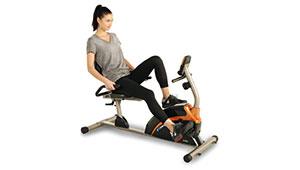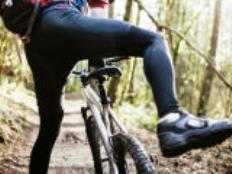Transitioning From Cold-Weather Riding
If you live in an area where you can ride outdoors throughout the winter and have bouts of snow and ice, the wet, sandy, dirty roads and potholes can wreak havoc on your bike. You should not only complete the above checks, but also, those listed below.
- Wheels: Spin both wheels to check their true (they should spin easily without a wobble) and also inspect and clean the rims, checking for cracks, burrs or uneven wear on the rims.
- Tires: Check the tires, side-walls and where the rubber meets the road, for splits, cracks, tears and uneven wear. How long has it been since you changed your tubes?
- Cables: Check the cables and surrounding housing for cracks, fraying, crimps, dirt, rust and slack. For a bike ridden year round, I suggest new cables each spring.
- Brake Pads: Check the pads for uneven wear and general thickness.
- Drivetrain: Run through the gears to be sure the bike is shifting properly—misaligned derailleur, stretched cables, worn chain and/or worn chainrings could cause shifting issues.
- Spare and tool kit: Check the tool kit and be sure that you have all of the proper items to change a flat or make a quick repair roadside: tube, tire irons, CO2 cartridge and adapter or pump and a multi-purpose tool.
Most of these checks, cleaning and repairs can be done at home with some basic tools. If you are unsure of an issue, go see your local mechanic and have them give your ride the once-over. A clean, well-tuned machine will perform better and have you safely rolling into the race season.
 READ THIS NEXT: The Anatomy of a Bicycle
READ THIS NEXT: The Anatomy of a Bicycle
Karen Buxton is Level-III USA Triathlon certified coach with over 25 years of coaching experience and author of The Triathlete's Guide to Off-Season Training. Coach Buxton works with athletes of all abilities online and in person. Find out more about Coach Buxton at CoachBuxton.com or contact her at Karen@CoachBuxton.com and take the next step towards targeted training for maximum benefits.
- 2
- of
- 2








Discuss This Article